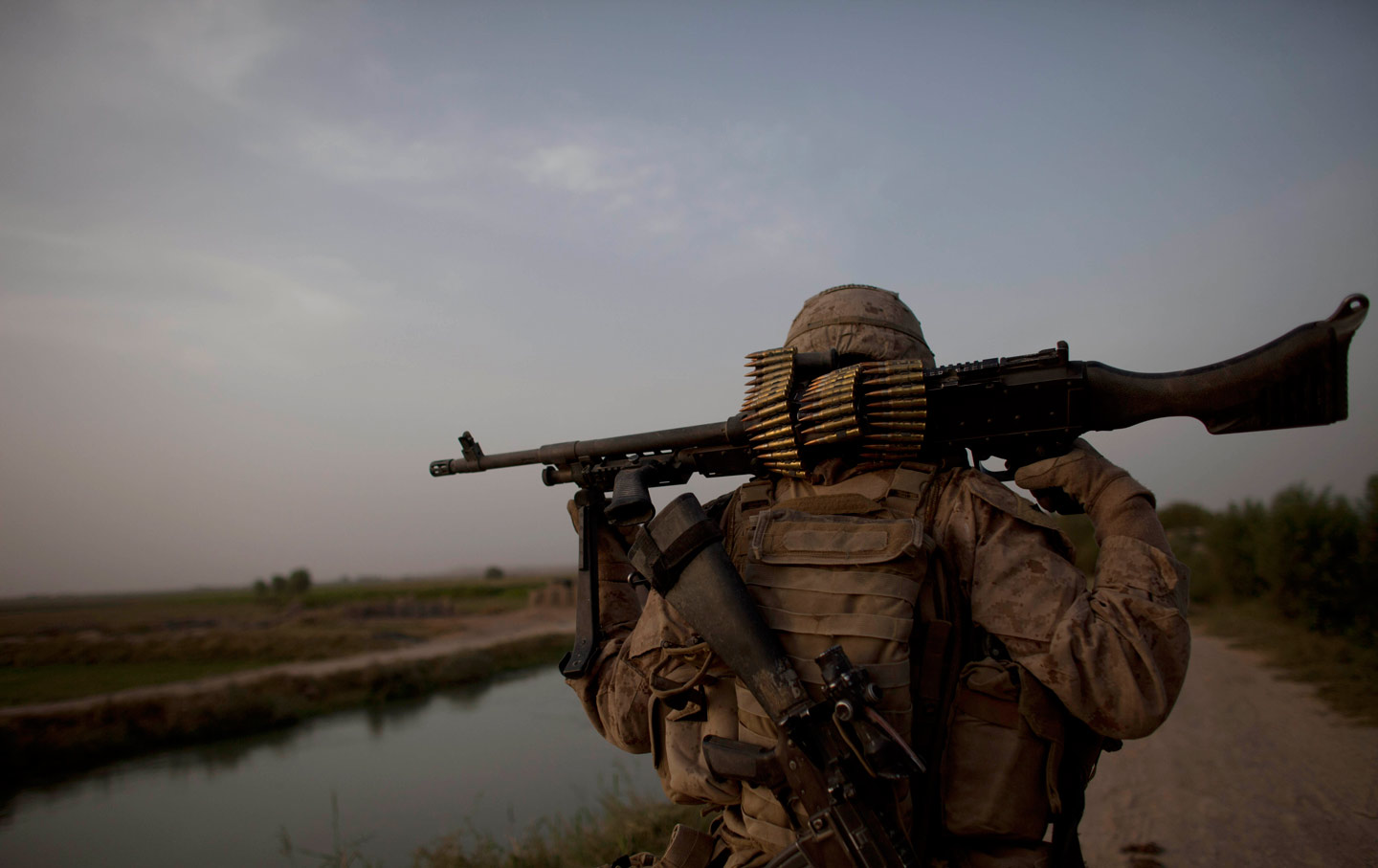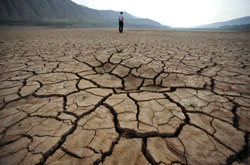War Plans and Pitfalls War Plans and Pitfalls
The arrangements are in place. What's missing is any sense they could go awry.
Oct 3, 2002 / Feature / Michael T. Klare
The Generals Speak The Generals Speak
"There are people in this city that believe that the military campaign against Iraq will not be difficult, especially because of the enormous advances in technology and the willi...
Oct 3, 2002 / Feature / Elizabeth Cline and Mosi Secret

Operation Endless Deployment Operation Endless Deployment
The war with Iraq is part of a larger plan for global military dominance.
Oct 3, 2002 / Feature / William D. Hartung, Michelle Ciarrocca, and Frida Berrigan
Bush Jumps the Gun With Preemptive Strikes Bush Jumps the Gun With Preemptive Strikes
President Bush's recently announced strategic global doctrine, which for the first time justifies a preemptive US strike against any regime thought to possess weapons of mass des...
Sep 26, 2002 / Column / Robert Scheer
Beyond Good and Evil Beyond Good and Evil
So now it's official.
Sep 26, 2002 / Column / Katha Pollitt
Domestic Terror Domestic Terror
When several soldiers killed their wives, an old problem was suddenly news.
Sep 26, 2002 / Feature / Catherine Lutz and Jon Elliston
An Open Letter to the Members of Congress An Open Letter to the Members of Congress
On the eve of the October 2002 vote to authorize the overthrow the government of Iraq by military force, a plea to members of Congress to reject Bush's pre-emptive war went unh...
Sep 25, 2002 / The Editors
A Dangerous Game A Dangerous Game
One year later, September 11 has certainly lived up to the early claim of being a transformative moment, at least for Americans.
Sep 19, 2002 / Richard Falk

What’s Working In Your Town? What’s Working In Your Town?
We're trying to survey all the many good ideas being tried outside the range of the Beltway pundits. So tell us about any local, state or municipal initiative in your area that you...
Sep 19, 2002 / The Nation
The Case Against War The Case Against War
A rebuttal to eight arguments put forward by proponents of an invasion of Iraq.
Sep 12, 2002 / Feature / Stephen Zunes
